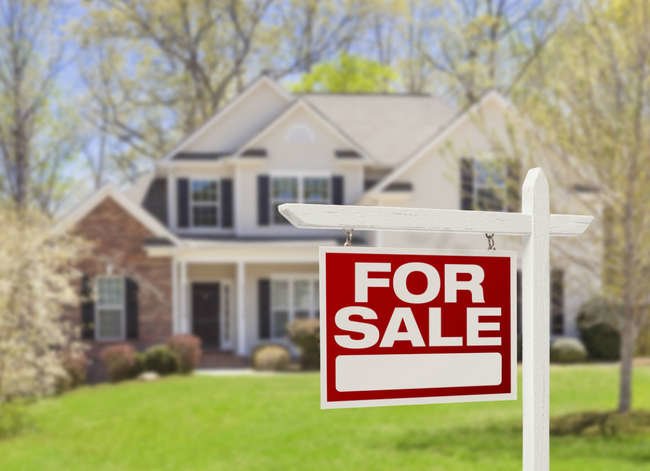We may earn revenue from the products available on this page and participate in affiliate programs. Learn More ›
So, how much does it cost to sell a home?
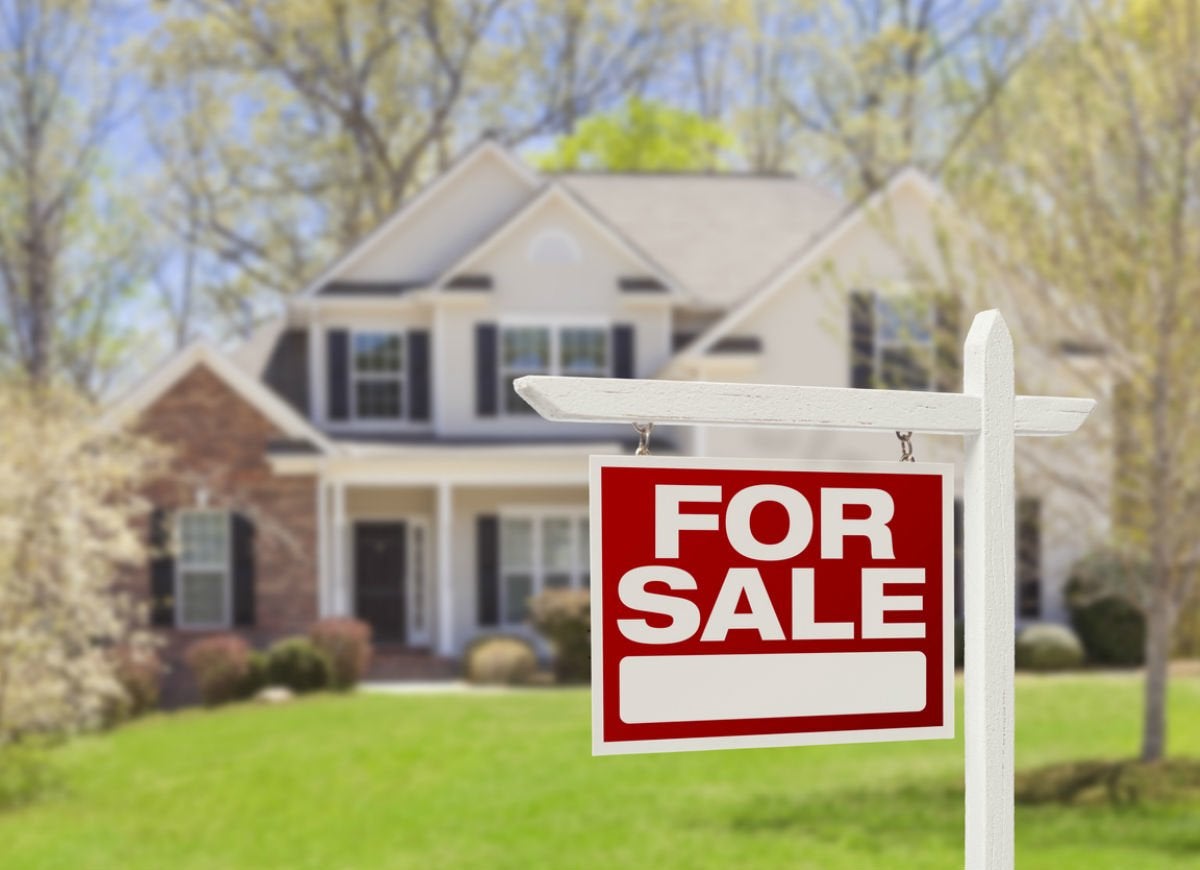
If you’re like many homeowners, your house is your single largest investment, and when it’s time to sell, you naturally want to get as much money as possible for it. You may already know that hiring a real estate agent will cost you typically five percent to six percent of the selling price—for example, as much as $30,000 on the sale of a $500,000 house. But that’s hardly the only expense you’ll encounter; in fact, from preparation to make your house market-ready to unexpected complications that can arise, selling your house can be a pricey proposition. To avoid unsettling surprises and help ensure that you get top dollar, click through to discover 12 costs that go hand-in-hand with selling a home.
RELATED: Ready to Sell? 17 Things to Do First
Independent Appraisal
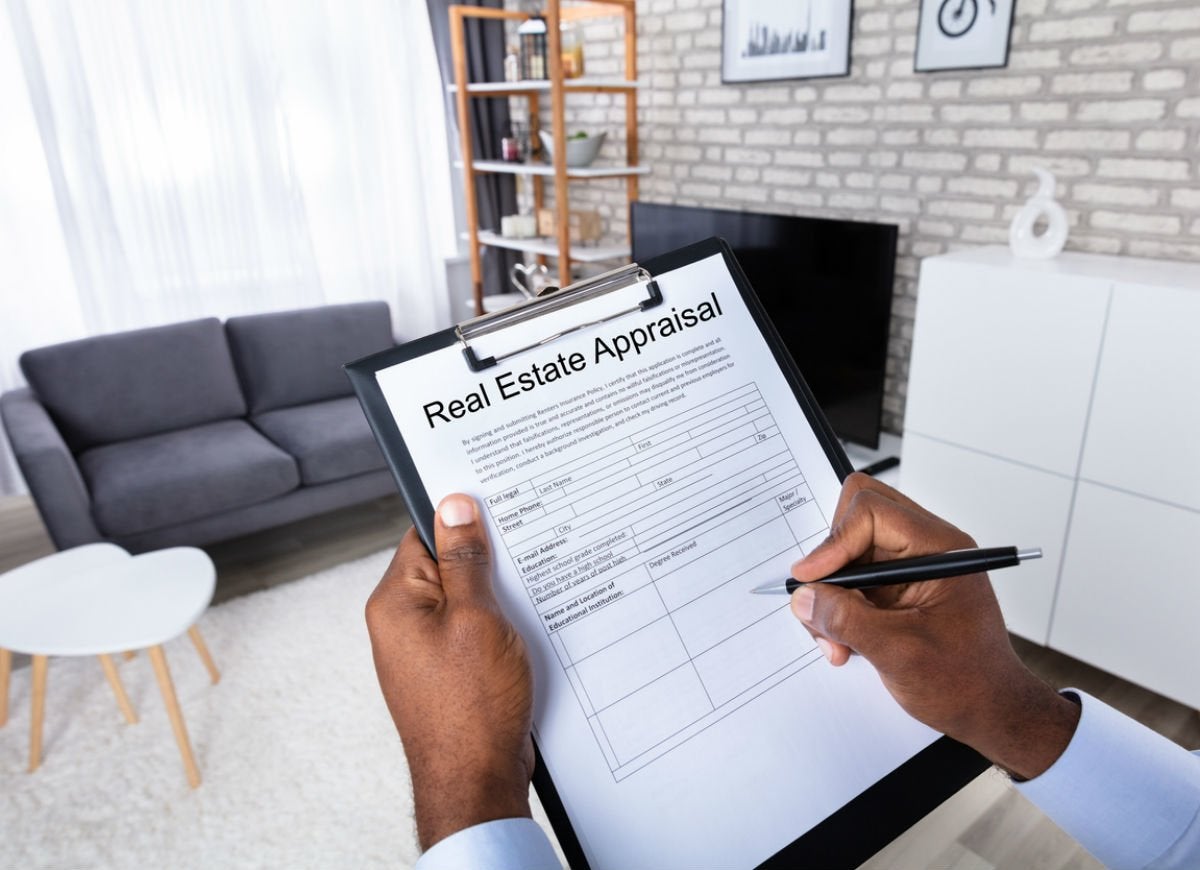
Price your home too low, it may sell quickly, but you won’t get its true value. Price it too high, it could sit for months without an offer. To arrive at the right price, you may opt to engage a professional appraiser who’ll examine your home from top to bottom and then compare it to recent similar sales in your area. In most states, residential appraisers need to be licensed; ask your lender for a referral or check out the American Society of Appraisers to locate a professional appraiser near you. Expect to spend $350 to $500 for an independent appraisal.
Professional Staging

Home staging involves de-cluttering a room, painting (if necessary), supplying attractive furniture and draperies, and designing the space to look beautiful but also somewhat generic, so prospective buyers can imagine their taste (not yours) on display. Many professional home stagers are also interior decorators who offer staging as one of their services. You can often obtain a list of the best ones from your real estate agent. While costs run between $250 and $600 per room, per month, a staged house sells 88 percent faster than a non-staged house, for an average of 20 percent more, according to Realtor.com.
Pre-inspection

Selling your home can be a bumpy road if issues such as an active termite infestation are discovered after you’ve signed a contract. According to the real estate website Zillow, 15 percent of house deals fail due to the discovery of problems during an inspection. So you may choose to have a pre-inspection before you put your house on the market and make any necessary repairs ahead of time. A professional home inspector will charge $250 to $450 to inspect your house. The American Society of Home Inspectors (ASHI) can help you find a certified home inspector in your area.
Repairs
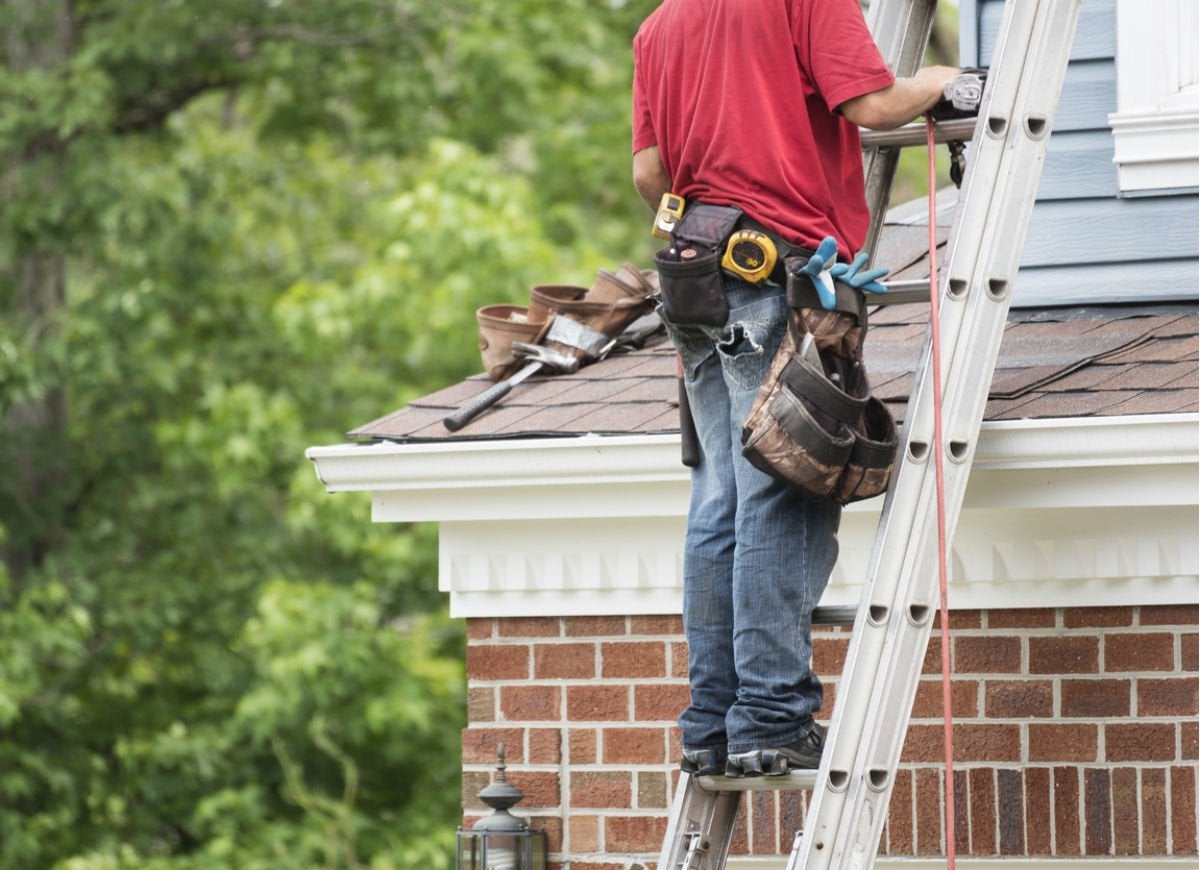
A bank won’t grant a buyer a loan if it doesn’t think the investment is sound, so as a prerequisite to underwriting a mortgage, lenders require thorough inspections of a property. Real estate sales contracts often address this issue by having the buyer and seller split the cost of repairs up to a predetermined amount, such as $1,500. If the estimated repair costs are higher than that, either party has the option of backing out. If you want the deal to go through, you may choose to pay the total repair costs yourself, which could be thousands, depending on the problem.
RELATED: 10 Signs Your House Isn’t Ready to Go on the Market
Survey Costs
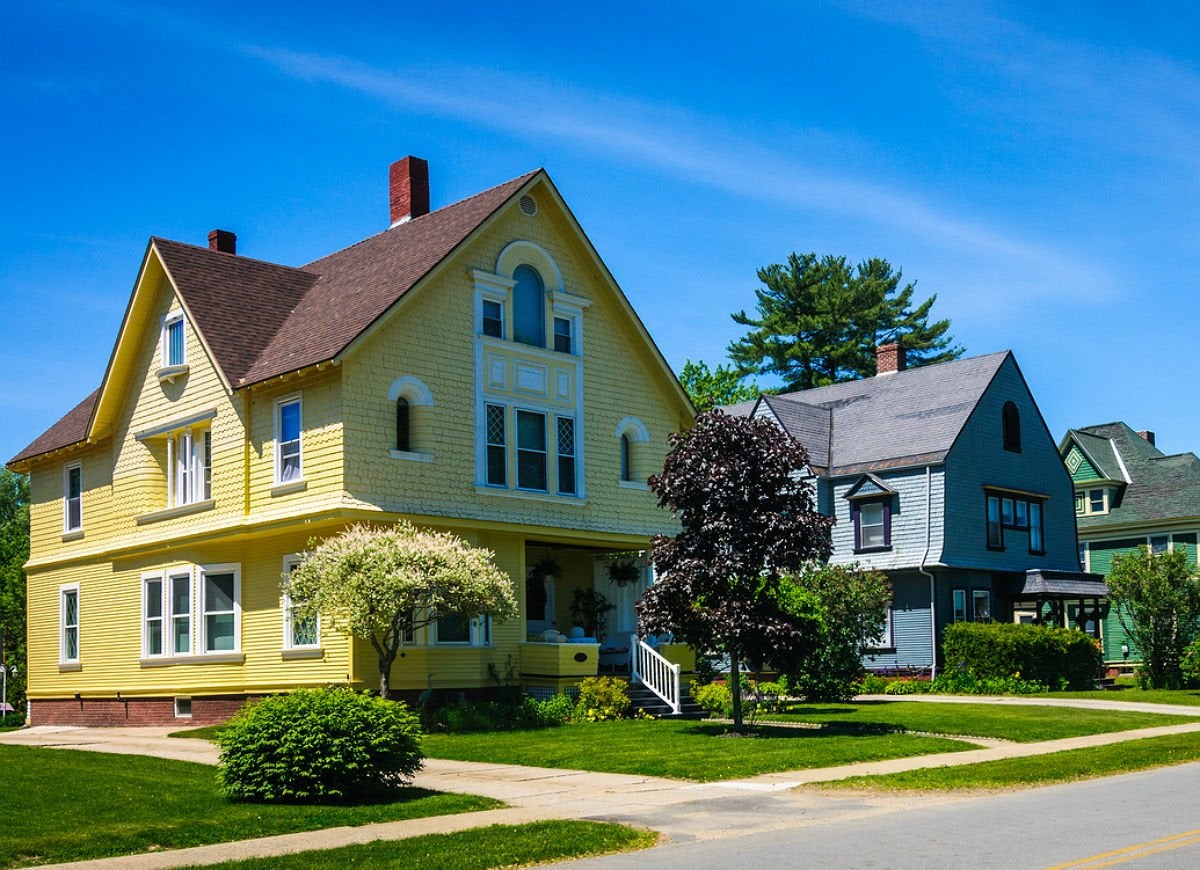
In residential developments less than 30 to 40 years old, property lines are usually clearly defined by cuts in the curb or property pins inserted below the soil level that can be pinpointed with a metal detector. It’s a different story in older neighborhoods and rural settings, and in these areas a survey may be necessary to determine property lines. Expect to pay anywhere from $250 to $1,000, depending on the size and configuration of your property, to have it surveyed. If your home is listed with a real estate brokerage, this step will usually be handled by an agent; if you’re selling the home yourself, you can locate a land surveyor in the white pages or ask for a reference from a local title insurance company.
Seller Concessions

A lot of negotiating goes on in real estate deals, and buyers often make conditional requests to be included in the purchase price. A potential buyer may ask that you pay a share of their portion of the closing costs, leave certain household appliances, or throw in your great aunt Martha’s baby grand piano as part of the deal. It’s up to you to decide whether you’ll agree to seller concessions.
RELATED: 8 Times to Accept a Lowball Offer
Closing Costs

A number of fees are incurred during the sales process, and they’re often split evenly between the buyer and the seller at closing (the last step in the sales process when the final documents are signed and you receive a check). These closing costs can run as much as three percent to seven percent of the sales price, and they include the cost of mortgage insurance, pro-rated property taxes, title insurance fees, loan processing costs, insurance charges, and the cost to record the deed. These costs will be subtracted from the amount you receive at closing.
Vacant House Fees
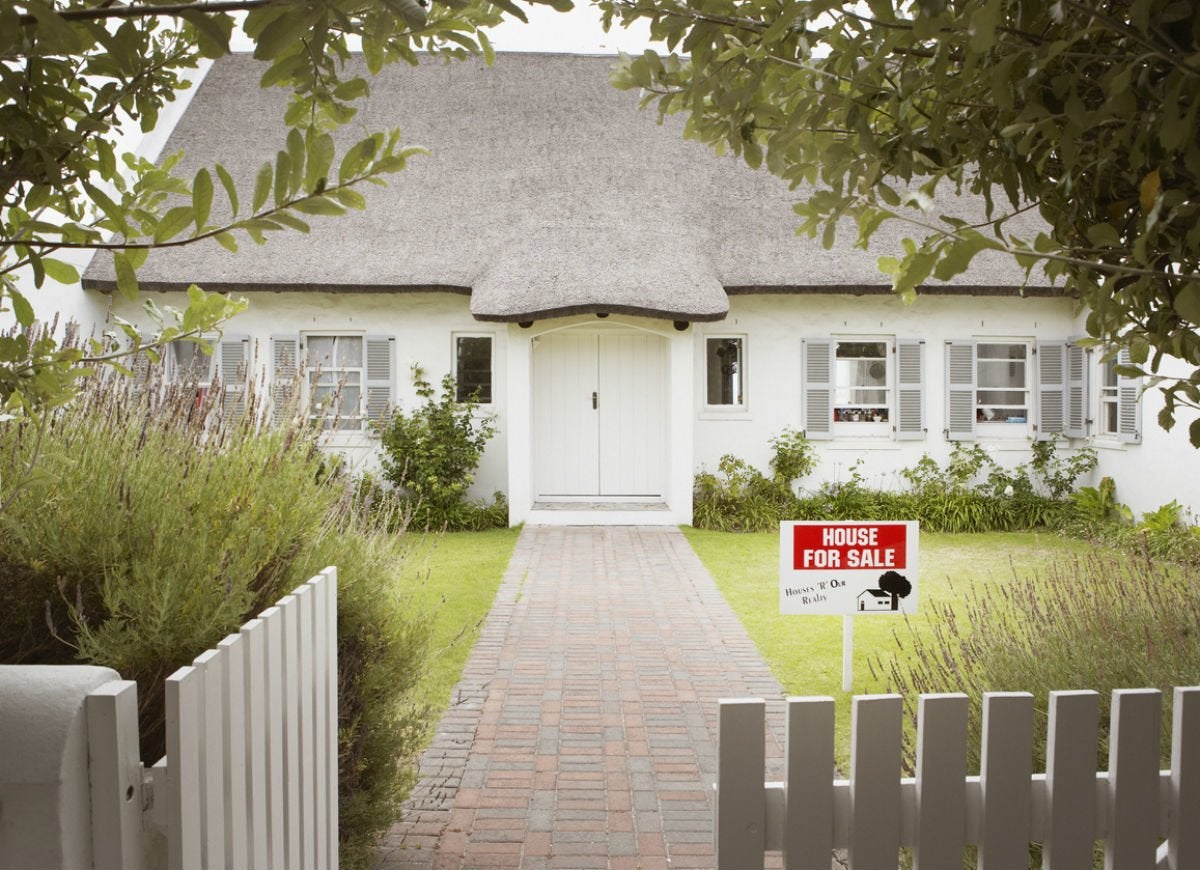
If you relocate before your house sells, you’ll encounter a variety of vacant house fees to keep it on the market and looking good. These include keeping the electricity on and monthly fees to maintain the property (such as lawn mowing or snow shoveling). You’ll also probably need to purchase a special “vacant house insurance policy” to guarantee your home is protected should it be damaged by vandals. This could amount to hundreds of dollars per month.
RELATED: 12 Reasons Why Your House Isn’t Selling
Mortgage Payoff

If you still have a mortgage on your existing home, your lender will be paid the balance of what you owe at closing. The lender will work closely with your real estate agent and the closing company, and by the time you get your check from the sale of your home, the amount you still owe on your mortgage will have been deducted. Your lender can tell you how much the payoff is on your house. If you list your home with a real estate agent, she will obtain the payoff amount, add up other estimated costs, and then give you a good faith estimate (GFE) of how much money you can expect to get at closing.
Attorney Fees
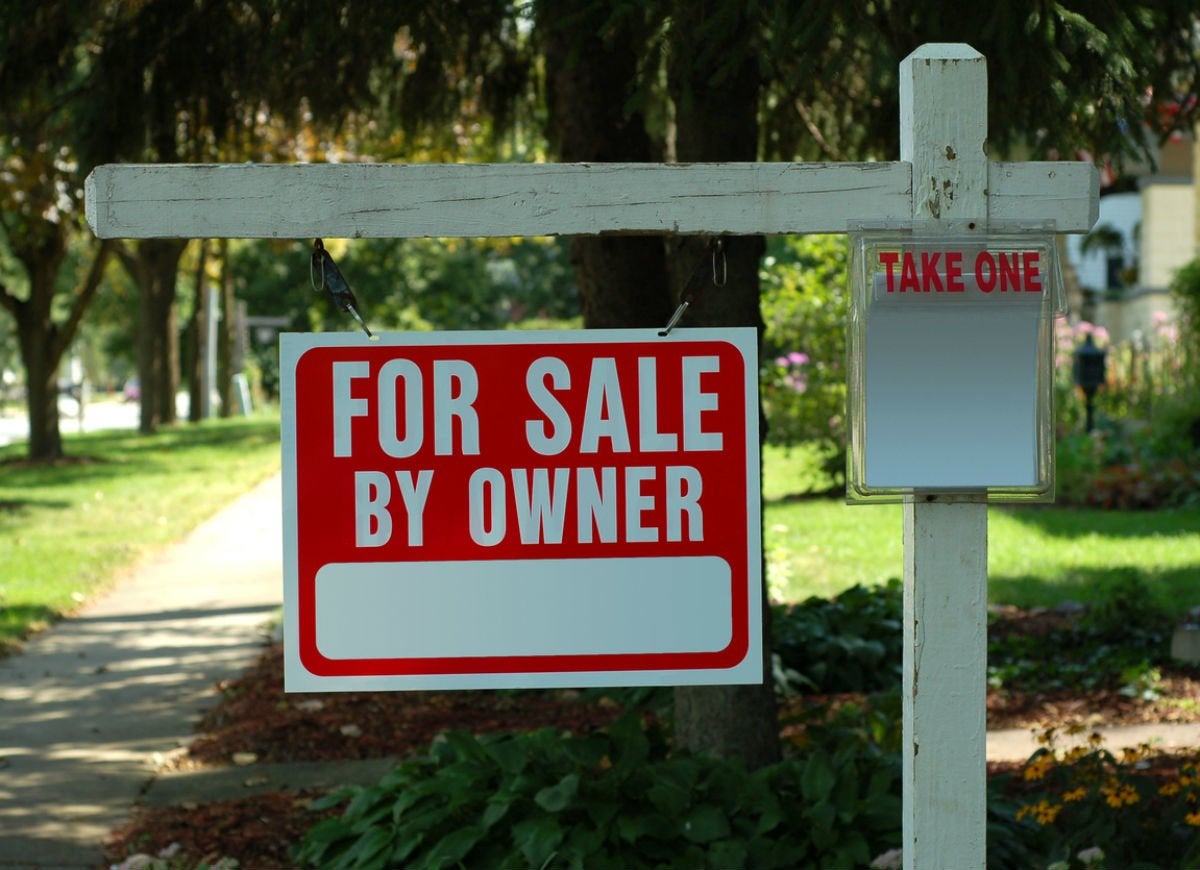
If you’ve hired a real estate agent to handle the sale of your home, you probably won’t need legal representation because real estate transactions are highly regulated at the state and federal level. If you go the for-sale-by-owner (FSBO) route, however, it’s a good idea to consult with an attorney. A lawyer who specializes in real estate transactions can provide such services as looking over your contract, preparing title insurance documents, and even holding the closing in her office. A real estate attorney (check the white pages or ask a real estate agent for a referral) will charge you by the hour, typically $200 to $400 per hour for the time they spend on your transaction.
Liens
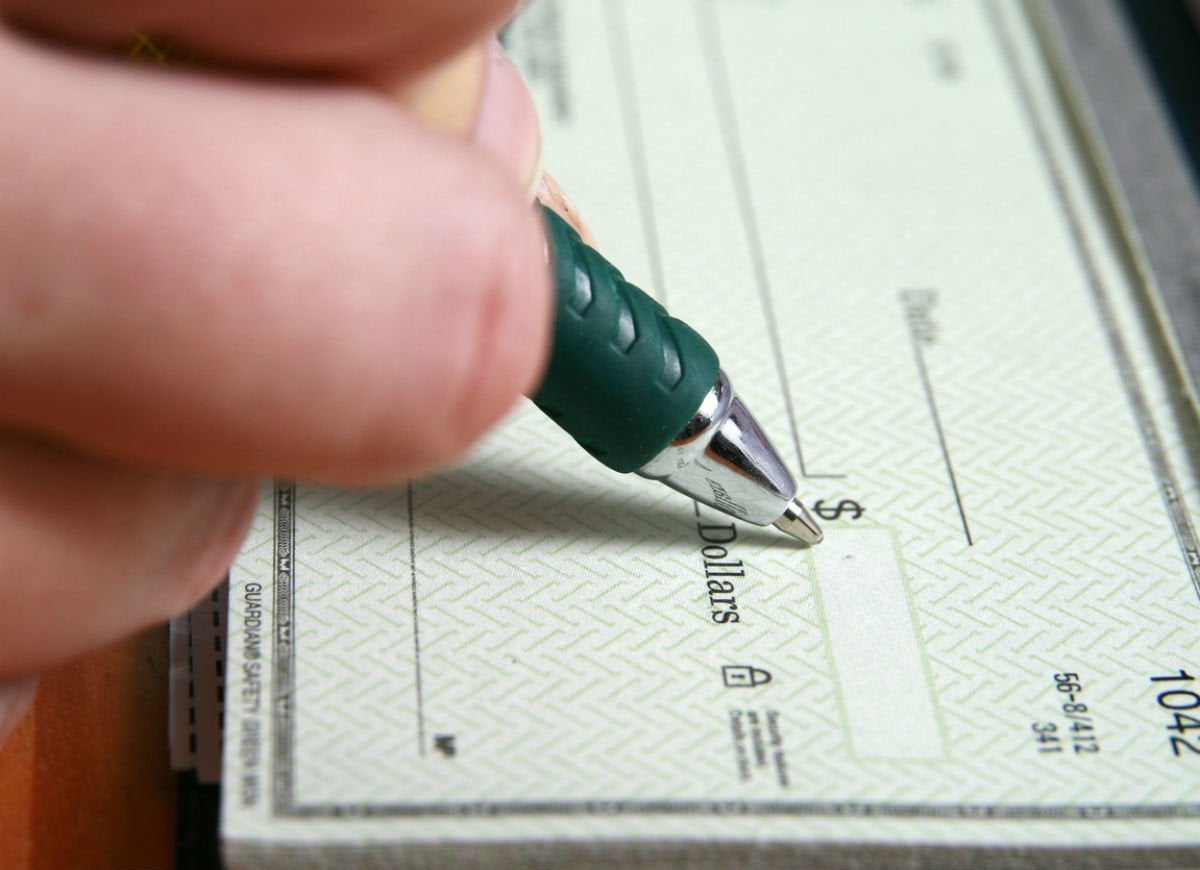
Liens (legal claims to monetary value in your property) are recorded against the deed of a property at the local Register of Deeds Office, and any lien against your property must be satisfied before you can sell your house. Liens may include money owed to a contractor who worked on your home but didn’t get paid, known as a “mechanical lien,” or court-ordered judgments against you resulting from a civil lawsuit or a creditor. You can either pay the lien and have it removed from the deed, or you can go to court and see if a judge will remove it. But you can’t sell your home until the lien is removed.
Home Warranty

Your real estate agent may suggest that you purchase a home warranty as an incentive to homebuyers. A home warranty is a type of insurance policy that covers the cost of repairing or replacing items such as appliances, fixtures, and HVAC systems for a specified time, typically up to one year. A home warranty runs $300 to $800, depending on the size of your home and what the coverage includes.

Save Energy While Staying Cozy
Today’s energy-efficient space heaters warm individual rooms, so users needn’t heat unoccupied areas of the house. We tested the most popular space heaters on the market to find out which ones performed the best.

